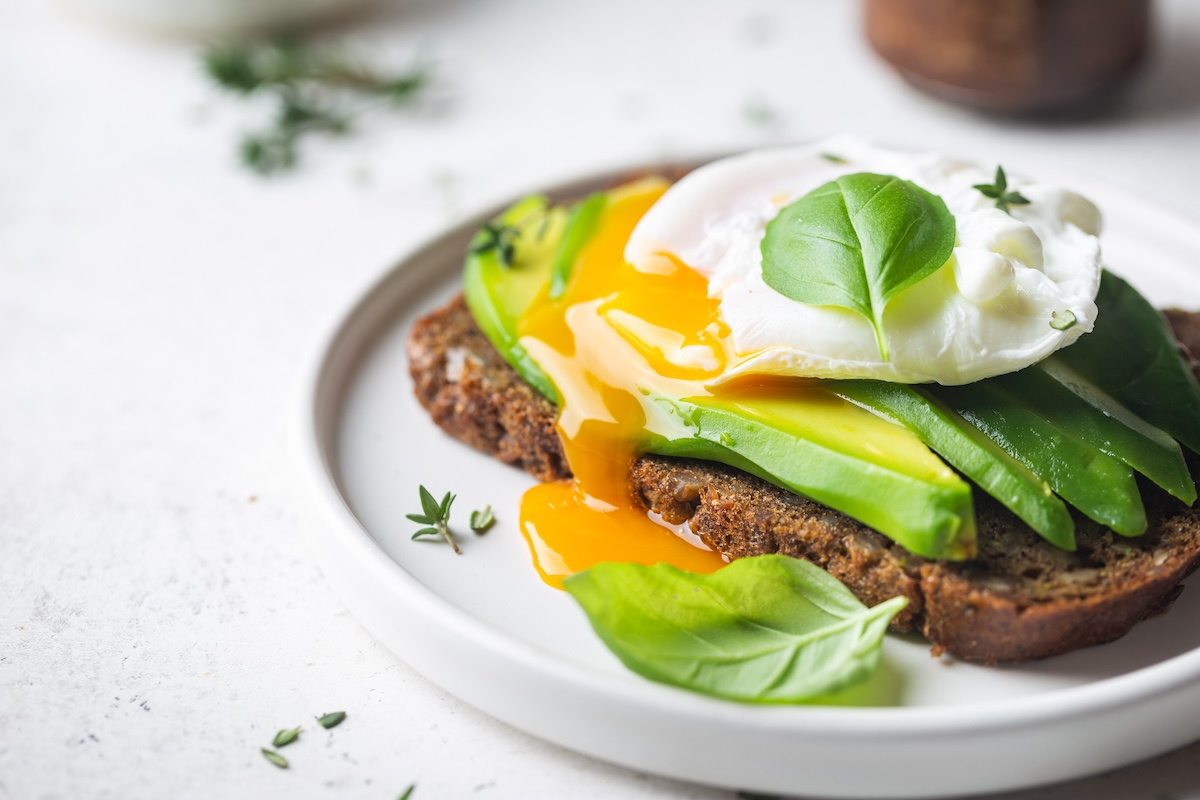When you were first diagnosed with diabetes, you tested your blood sugar often to understand how food, activity, stress, and illness affected your levels. By now, you’ve mostly got it figured out — for the most part.
But then — bam! Something sends your blood sugar soaring. You try to bring it back down by eating less, exercising, or taking insulin — and then it drops too low! Suddenly, you’re on a rollercoaster no one with diabetes wants to ride.
Knowledge is power. Watch out for these surprising triggers that can push your blood sugar higher than expected.
1. Sunburn
The body interprets sunburn as physical stress, which can trigger the release of stress hormones like cortisol. These hormones raise blood sugar levels, even if you’re not eating more. Protect yourself with sunscreen and hydrate well when outdoors.

2. Artificial Sweeteners
While most artificial sweeteners like stevia, sucralose, and aspartame don’t contain carbs, they may still cause insulin release or affect gut bacteria in a way that raises blood sugar in some people. If you notice a pattern, try eliminating one at a time to test your sensitivity.
3. Coffee (Even Without Sugar)
Caffeine can cause a rise in cortisol and adrenaline, which may temporarily make you more insulin resistant. This doesn’t affect everyone, but some people see higher blood sugars after coffee, even when drinking it black.
4. Poor Sleep
Sleep deprivation increases insulin resistance and raises cortisol levels, leading to higher blood sugar the next day. Even one night of short or restless sleep can cause noticeable changes, so aim for 7–9 hours of quality rest.
5. Skipping Breakfast
Going without breakfast can lead to increased glucose output by the liver and may cause bigger spikes after lunch and dinner. Eating a high-protein, high-fiber breakfast helps stabilize blood sugar throughout the day and improves insulin sensitivity.

6. Time of Day
Insulin sensitivity is usually highest in the morning and declines throughout the day. That means identical meals may spike your glucose more in the evening than in the morning. Adjust your evening portions or opt for lower-glycemic foods at dinner.
7. Dawn Phenomenon
Early in the morning, hormones like cortisol, glucagon, and growth hormone rise to help the body wake up. This is called the dawn phenomenon, and it can cause a natural blood sugar spike — even if you haven’t eaten. If your morning readings are consistently high, talk to your care team about adjusting your evening routine or medication timing.
8. Dehydration
When you’re not well-hydrated, the glucose in your blood becomes more concentrated, leading to higher readings. This can happen even if you’re not eating differently. Aim to drink water regularly, especially if you’ve been sweating or are in a hot climate.

9. Nasal Sprays
Some over-the-counter decongestant nasal sprays contain chemicals like phenylephrine or pseudoephedrine, which can increase blood sugar by stimulating the liver to release glucose. Choose diabetes-safe products and always read the labels!
10. Gum Disease or Infection
Infections like gum disease cause chronic inflammation, which can worsen insulin resistance and raise blood sugars. Good oral hygiene and regular dental checkups are an important but often overlooked part of blood sugar management.
Extra Tip
Watch out for other triggers that can make your blood sugar fall. For example, extreme heat can cause blood vessels to dilate, which makes insulin absorb more quickly and could lead to low blood sugar. If an activity or food or situation is new, be sure to check your blood sugar levels before and after to see how you respond.



